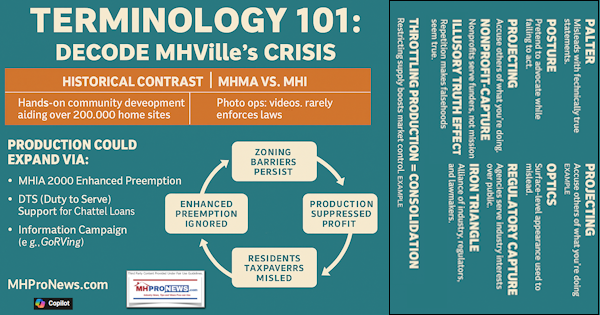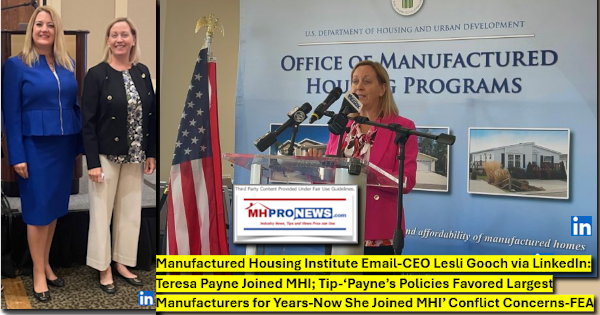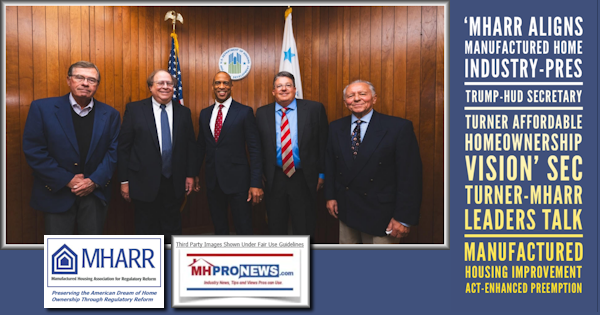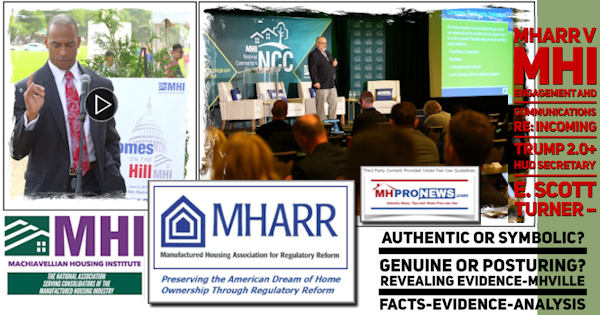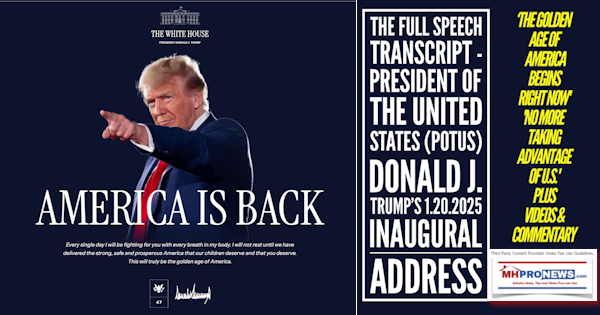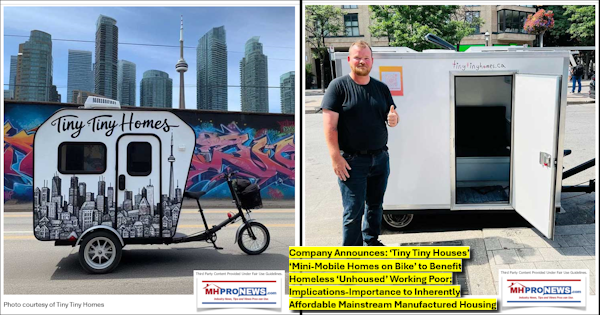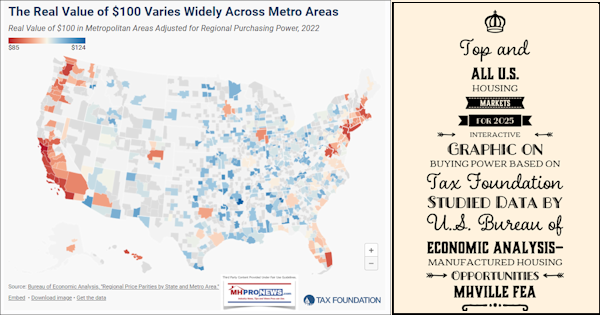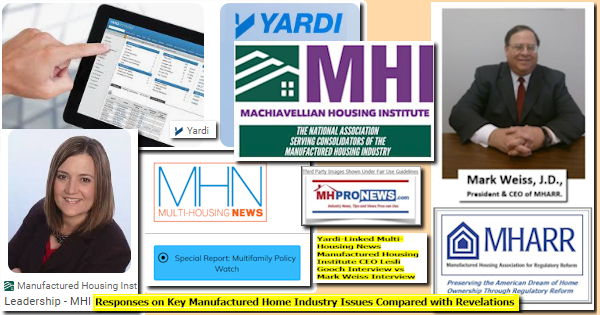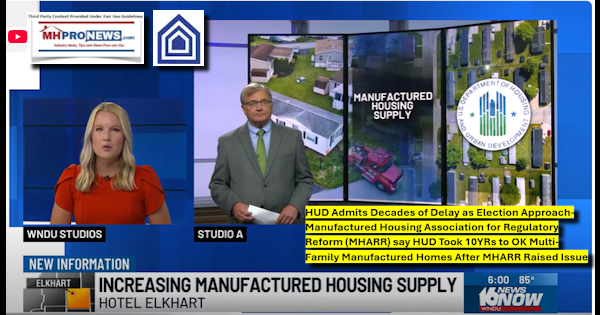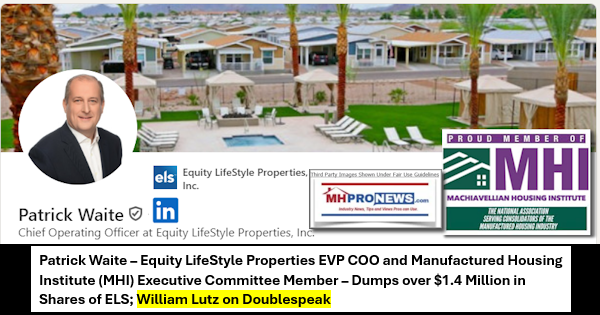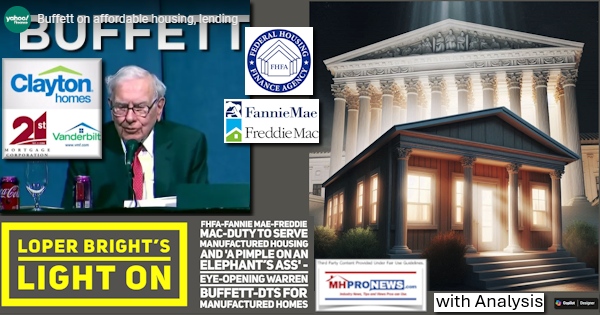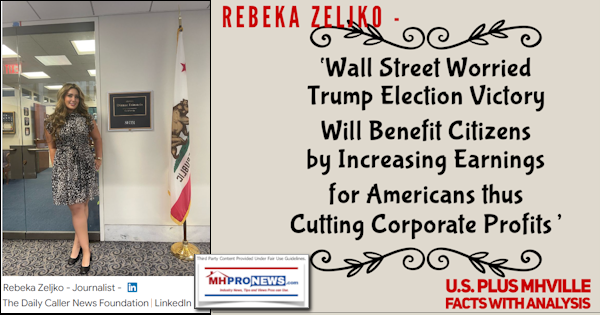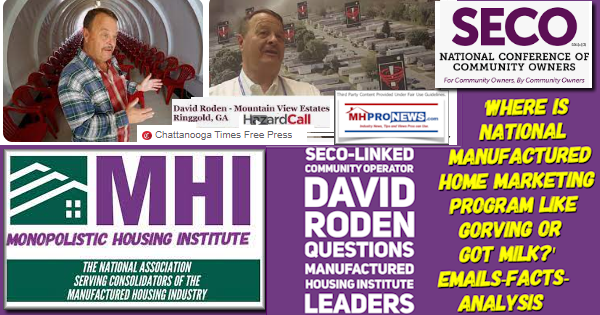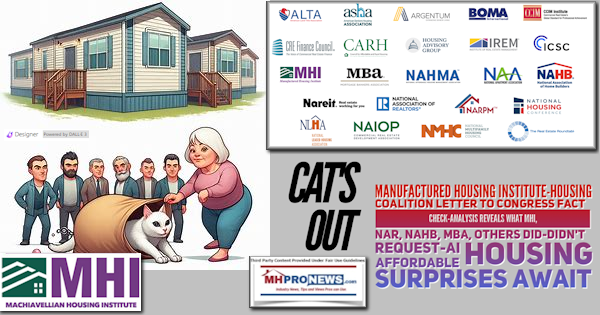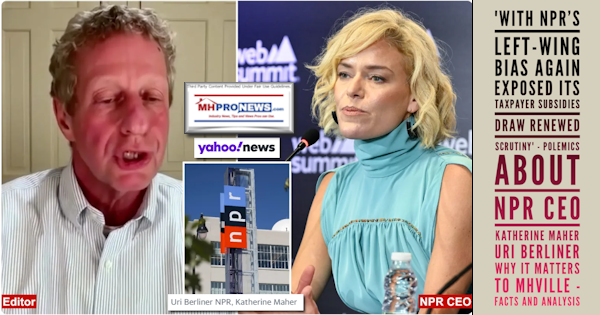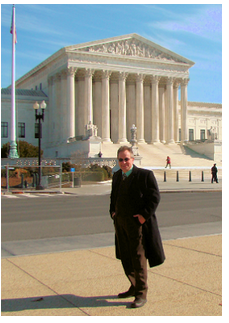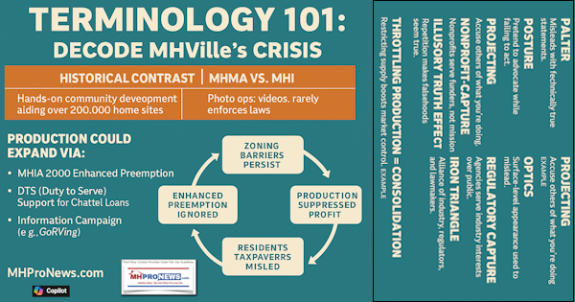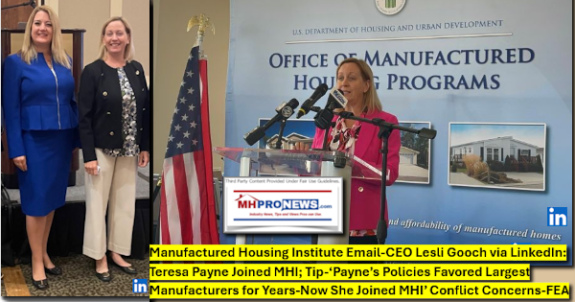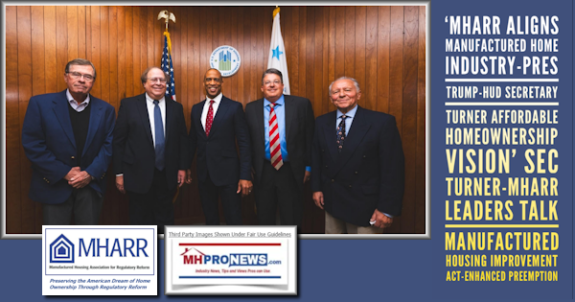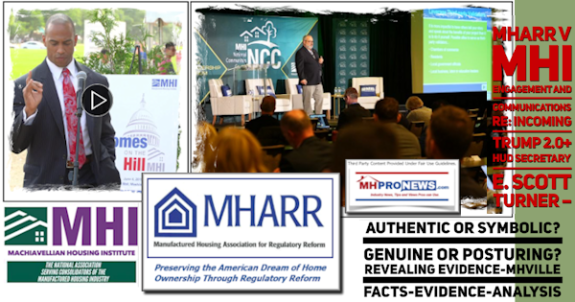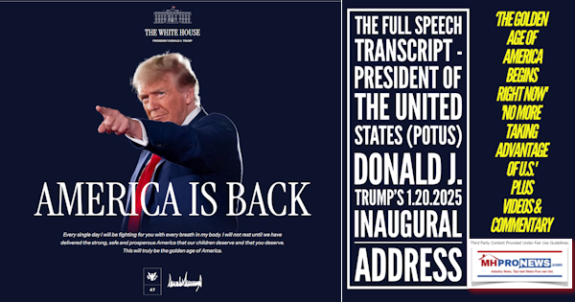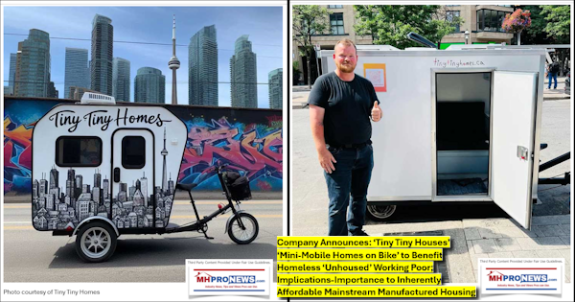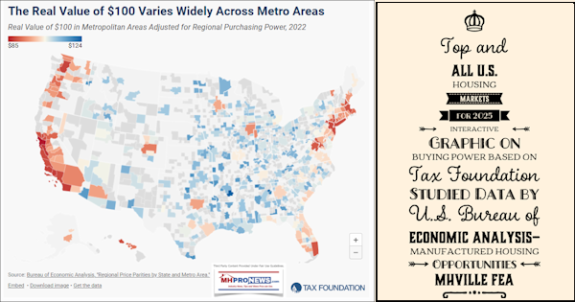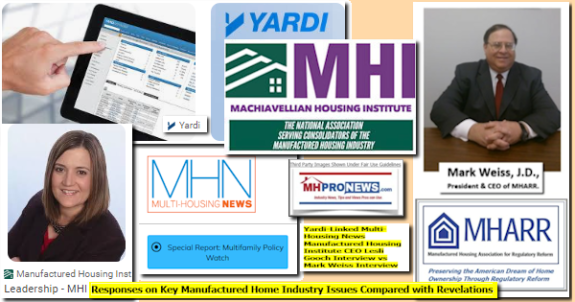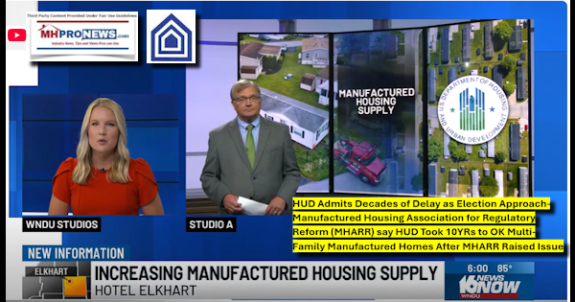It may be surprising to some, but in an association business meeting – such as MHI’s just finished meeting in New Orleans, LA – there is a kind of ‘right to privacy’ with respect to an organization and the news or trade media. While an association can certainly invite media in, if they so desire, at sessions where there are no public officials present, then the discussions behind those closed doors ought to be respected.
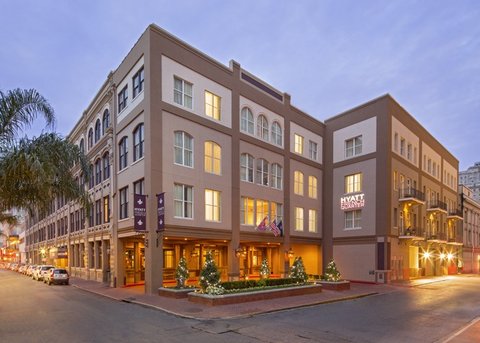
We at MHProNews strive to do so. If one cares about industry success – and we do – the reasons for associations having such an ability to meet privately and discuss matters are rather common sense.
For example. Legislative agendas become public, but strategy and tactics are understandably something members and leaders want to hold close to the vest. Members want to be able to freely discuss and debate an issue, as they deem appropriate.
That said, the conversations in the hallway or beyond the closed meetings are exempt from such ‘privacy’ restrictions. There were plenty of hallway, dinner and beverages discussions regarding the MHI 2015 meeting, agenda and related.
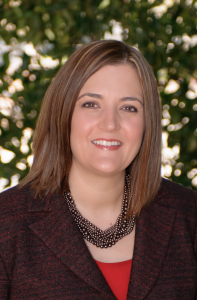
They call her Dr. Gooch!
Dr. Lesli Gooch was described by some at the NOLA meeting as an “upgrade” in the Manufactured Housing Institute (MHI) Government Relations or GR role.
Word also has it that tensions in the office reported last year have improved, and that the atmosphere in Arlington was decidedly better.
“Momentum” for HR 650 was naturally discussed, and it is said that the companion Senate bill would drop in weeks, not months. Even more bi-partisan support is expected this time around. A goal for late summer 2015 to get the Preserving Access to Manufactured Housing bill (HR 650) on the docket for a vote has been set.
MHARR and MHI
The ‘unofficial’ position is that MHI will seek to work with MHARR in as many areas as possible. In fact, a very public point was made by an MHI staffer to convey that MHI had already ‘reached out’ to MHARR’s new president and the outgoing Chairman of MHARR too.
That said, some concerns previously asked by your Masthead _scribe that ought to be addressed did not get a clear reply when asked. Let’s say for now that one hopes the position noted immediately above indeed holds up and that the two groups play and make nice with each other, for the good of all involved.
Listening to MHI members about MHARR
What is certain is that a number of members approached me about the importance and the need for MHI and MHARR to work well with each other. Those who know, recall that the MHIA of 2000 was passed because both national trade bodies worked together – in tandem with state associations – to make a bill into law happen.
An MHI board member suggested to me that one of the MHARR board members should ask to meet with MHI senior leadership. But as noted, I’ve heard myself and have been told on good authority from both camps that private outreaches have already taken place.
So at this point, time will tell. At least there seems to be polite efforts from each to respectfully “dance” with the other, for mutual benefit.
MHARR to expand its role?
There was some speculation beyond the meeting room doors that MHARR would get even more involved in finance. The word heard is this would be done in support of initiatives such as MHARR’s desire for GSE reform and Duty to Serve, but also perhaps to get lenders to become members of MHARR.
Further, if true, the claim is they may wish to establish a lending platform that would work on behalf of MHARR factories and their customers.
An outreach on that topic has not yet drawn a reply, so we would stress the report is unconfirmed.
Recall as well that Danny Ghorbani came out in support of an image campaign. Will there be more to than that trial balloon? We’ll see.
Barney on the Bill that Bears his name
I’m holding once more a letter from Barney Frank that says he does not oppose Dodd-Frank fixes, notably in the case of manufactured housing. Quoting the Congressman’s letter, “I do not think it is necessary to include manufactured housing as part of our effort to prevent abusive mortgage practices.”
This ought to be a reminder to the so-called ‘consumer groups.’ Those groups are also not-for-profits like a trade association, which MHI, MHARR or other industry associations are too. Each has a strong stake in taking good care of consumers. The reason MHIA 2000 got passed is because the MHIndustry worked together to get consumer protection passed!

So in my humble view, all of the above have a stake in consumer protection. Happy customers lead to more sales.
In fact, as good as the arguments are for passing HR 650 for the sake of business, it is equally or more important to pass it for the sake of consumers!
Let’s end today on that note. Let’s hope that not-for-profits and trade associations will work jointly to remedy a problem created by Congress when Dodd-Frank was passed that limits the sale of new and existing manufactured housing.
The copy of a letter from Barney Frank on this subject is linked here. Next, you’ll find Sandra Lane’s Daily Business News report on HR 650, linked here. Kindly check in this weekend, thanks as always. ##


